Home / home / Pahalgam Terror Attack Sparks Global Concern and Regional Tensions
Pahalgam Terror Attack Sparks Global Concern and Regional Tensions
By: My India Times
4 minutes read 91Updated At: 2025-05-06
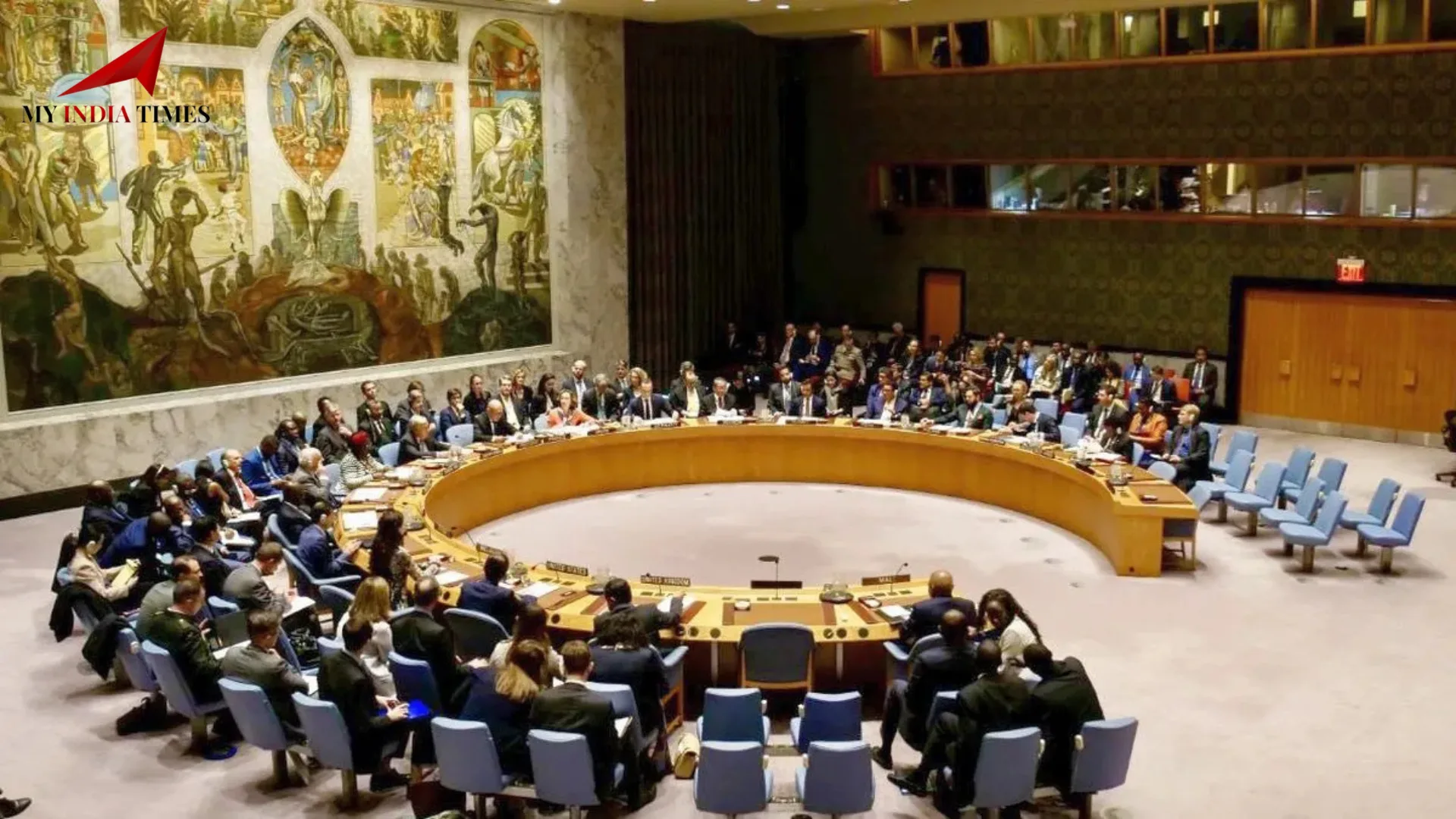
The recent terror attack in Pahalgam, Jammu and Kashmir, has not only shaken the Indian subcontinent but also drawn the attention of the international community. The attack, which took place on April 22, 2025, resulted in the tragic death of 26 civilians, most of them Hindu tourists. Once again, the incident has stirred up tensions between India and Pakistan, with both sides trading serious accusations and stepping up their diplomatic efforts in response.
Pakistan Calls for UNSC Meeting After Attack
Following the attack, Pakistan called for an urgent closed-door meeting of the United Nations Security Council (UNSC) to discuss what it described as the “deteriorating security situation” in the region. The meeting was held on May 5, 2025, and lasted approximately 90 minutes. Even though the session wrapped up without any official statement or resolution, several diplomats there stressed how important it is to stay calm, keep talking, and find a peaceful way to handle the rising tensions between the two nuclear-armed countries.
Pakistan Defends Itself and Demands Investigation
Pakistan’s Permanent Representative to the United Nations, Asim Iftikhar Ahmad, addressed the media after the meeting and claimed that the purpose of the UNSC consultation was to allow member states to discuss the worsening security landscape in South Asia. He mentioned that Pakistan is still worried about what India is doing in Kashmir and warned that if tensions keep escalating, it could cause even more instability in the region. Pakistan also calls for a fair and open investigation into what happened in Pahalgam, stressing that they aren’t responsible and that the violence likely stems from India's own internal issues.
India Blames Pakistan-Based Terror Groups
India, on the other hand, firmly rejected Pakistan’s stance and accused it of supporting cross-border terrorism. According to Indian officials, the terror attack in Pahalgam was carried out by Lashkar-e-Taiba and its proxy outfit, The Resistance Front, both of which are believed to operate with Pakistan’s backing. In response to the attack, India took a series of stern diplomatic and strategic measures. These included suspending visa services for Pakistani citizens, expelling Pakistani diplomats, halting imports from Pakistan, suspending the Indus Waters Treaty, and banning Pakistan-flagged ships from entering Indian ports. Additionally, India stopped all categories of mail and parcels from Pakistan and shut down the Attari-Wagah land transit post.
Indian Leadership Responds Strongly
Prime Minister Narendra Modi called the attack “a shocking and painful tragedy” and vowed that justice would be delivered. Defence Minister Rajnath Singh labeled the incident as an act of cowardice and reiterated that the Indian Army and intelligence agencies were working around the clock to bring those responsible to justice. Meanwhile, the Indian public has expressed outrage, with many demanding tougher action against Pakistan and terror outfits operating from its soil.
Global Reactions: Calls for Peace and Restraint
The attack and the diplomatic fallout have raised concerns in the international community. Several countries, including the United States, United Kingdom, Russia, China, France, Australia, Saudi Arabia, and the United Arab Emirates, condemned the Pahalgam attack and offered condolences to the victims’ families. The United Nations Secretary-General Antonio Guterres also condemned the violence and reminded both nations that targeting civilians is a grave violation of international law.
Diplomatic Efforts to De-Escalate the Crisis
In an effort to de-escalate the situation, Iran’s top diplomat Abbas Araghchi visited Pakistan and is scheduled to meet with Indian officials next. Meanwhile, Assistant Secretary-General of the United Nations Khaled Mohamed Khiari urged both India and Pakistan to resolve the conflict peacefully through dialogue. He highlighted that increasing hostility would only bring more suffering to the people of both nations and could destabilize the wider South Asian region.
Military Readiness on Both Sides Increases
Despite these calls for calm, military movements have increased on both sides. India has placed its armed forces on high alert and intensified surveillance and search operations in Kashmir. Pakistan, too, has conducted missile tests and closed its airspace to Indian aircraft, signaling its preparedness for any escalation. Minor cross-border firing incidents have already been reported, though no casualties have been confirmed so far.
The Road Ahead: Dialogue or Danger?
In the background, analysts and peace advocates are urging both countries to step back from the brink of war. They argue that open conflict would not only endanger millions of lives but also cause irreparable damage to both economies. Instead, the focus should be on dismantling terrorist networks and fostering regional cooperation.
As the situation continues to unfold, the path ahead is uncertain. The people of both India and Pakistan remain anxious, hoping that their leaders will prioritize diplomacy over confrontation. Whether the Pahalgam attack becomes a turning point for renewed peace talks or leads to further hostilities will depend on the decisions taken in the coming days. The international community will be closely watching, ready to support any effort aimed at restoring stability and peace in South Asia.
....The recent terror attack in Pahalgam, Jammu and Kashmir, has not only shaken the Indian subcontinent but also drawn the attention of the international community. The attack, which took place on April 22, 2025, resulted in the tragic death of 26 civilians, most of them Hindu tourists. Once again, the incident has stirred up tensions between India and Pakistan, with both sides trading serious accusations and stepping up their diplomatic efforts in response.
Pakistan Calls for UNSC Meeting After Attack
Following the attack, Pakistan called for an urgent closed-door meeting of the United Nations Security Council (UNSC) to discuss what it described as the “deteriorating security situation” in the region. The meeting was held on May 5, 2025, and lasted approximately 90 minutes. Even though the session wrapped up without any official statement or resolution, several diplomats there stressed how important it is to stay calm, keep talking, and find a peaceful way to handle the rising tensions between the two nuclear-armed countries.
Pakistan Defends Itself and Demands Investigation
Pakistan’s Permanent Representative to the United Nations, Asim Iftikhar Ahmad, addressed the media after the meeting and claimed that the purpose of the UNSC consultation was to allow member states to discuss the worsening security landscape in South Asia. He mentioned that Pakistan is still worried about what India is doing in Kashmir and warned that if tensions keep escalating, it could cause even more instability in the region. Pakistan also calls for a fair and open investigation into what happened in Pahalgam, stressing that they aren’t responsible and that the violence likely stems from India's own internal issues.
India Blames Pakistan-Based Terror Groups
India, on the other hand, firmly rejected Pakistan’s stance and accused it of supporting cross-border terrorism. According to Indian officials, the terror attack in Pahalgam was carried out by Lashkar-e-Taiba and its proxy outfit, The Resistance Front, both of which are believed to operate with Pakistan’s backing. In response to the attack, India took a series of stern diplomatic and strategic measures. These included suspending visa services for Pakistani citizens, expelling Pakistani diplomats, halting imports from Pakistan, suspending the Indus Waters Treaty, and banning Pakistan-flagged ships from entering Indian ports. Additionally, India stopped all categories of mail and parcels from Pakistan and shut down the Attari-Wagah land transit post.
Indian Leadership Responds Strongly
Prime Minister Narendra Modi called the attack “a shocking and painful tragedy” and vowed that justice would be delivered. Defence Minister Rajnath Singh labeled the incident as an act of cowardice and reiterated that the Indian Army and intelligence agencies were working around the clock to bring those responsible to justice. Meanwhile, the Indian public has expressed outrage, with many demanding tougher action against Pakistan and terror outfits operating from its soil.
Global Reactions: Calls for Peace and Restraint
The attack and the diplomatic fallout have raised concerns in the international community. Several countries, including the United States, United Kingdom, Russia, China, France, Australia, Saudi Arabia, and the United Arab Emirates, condemned the Pahalgam attack and offered condolences to the victims’ families. The United Nations Secretary-General Antonio Guterres also condemned the violence and reminded both nations that targeting civilians is a grave violation of international law.
Diplomatic Efforts to De-Escalate the Crisis
In an effort to de-escalate the situation, Iran’s top diplomat Abbas Araghchi visited Pakistan and is scheduled to meet with Indian officials next. Meanwhile, Assistant Secretary-General of the United Nations Khaled Mohamed Khiari urged both India and Pakistan to resolve the conflict peacefully through dialogue. He highlighted that increasing hostility would only bring more suffering to the people of both nations and could destabilize the wider South Asian region.
Military Readiness on Both Sides Increases
Despite these calls for calm, military movements have increased on both sides. India has placed its armed forces on high alert and intensified surveillance and search operations in Kashmir. Pakistan, too, has conducted missile tests and closed its airspace to Indian aircraft, signaling its preparedness for any escalation. Minor cross-border firing incidents have already been reported, though no casualties have been confirmed so far.
The Road Ahead: Dialogue or Danger?
In the background, analysts and peace advocates are urging both countries to step back from the brink of war. They argue that open conflict would not only endanger millions of lives but also cause irreparable damage to both economies. Instead, the focus should be on dismantling terrorist networks and fostering regional cooperation.
As the situation continues to unfold, the path ahead is uncertain. The people of both India and Pakistan remain anxious, hoping that their leaders will prioritize diplomacy over confrontation. Whether the Pahalgam attack becomes a turning point for renewed peace talks or leads to further hostilities will depend on the decisions taken in the coming days. The international community will be closely watching, ready to support any effort aimed at restoring stability and peace in South Asia.
By: My India Times
Updated At: 2025-05-06
Tags: home News | My India Times News | Trending News | Travel News
Join our WhatsApp Channel

Similiar News
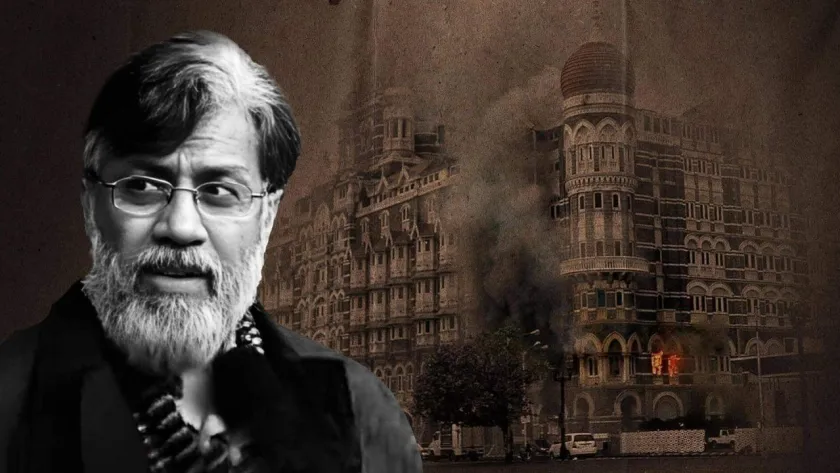
US Supreme Court Rejects 26/11 Accused Tahawwur Rana’s Plea to Block Extradition to India
2025-03-08
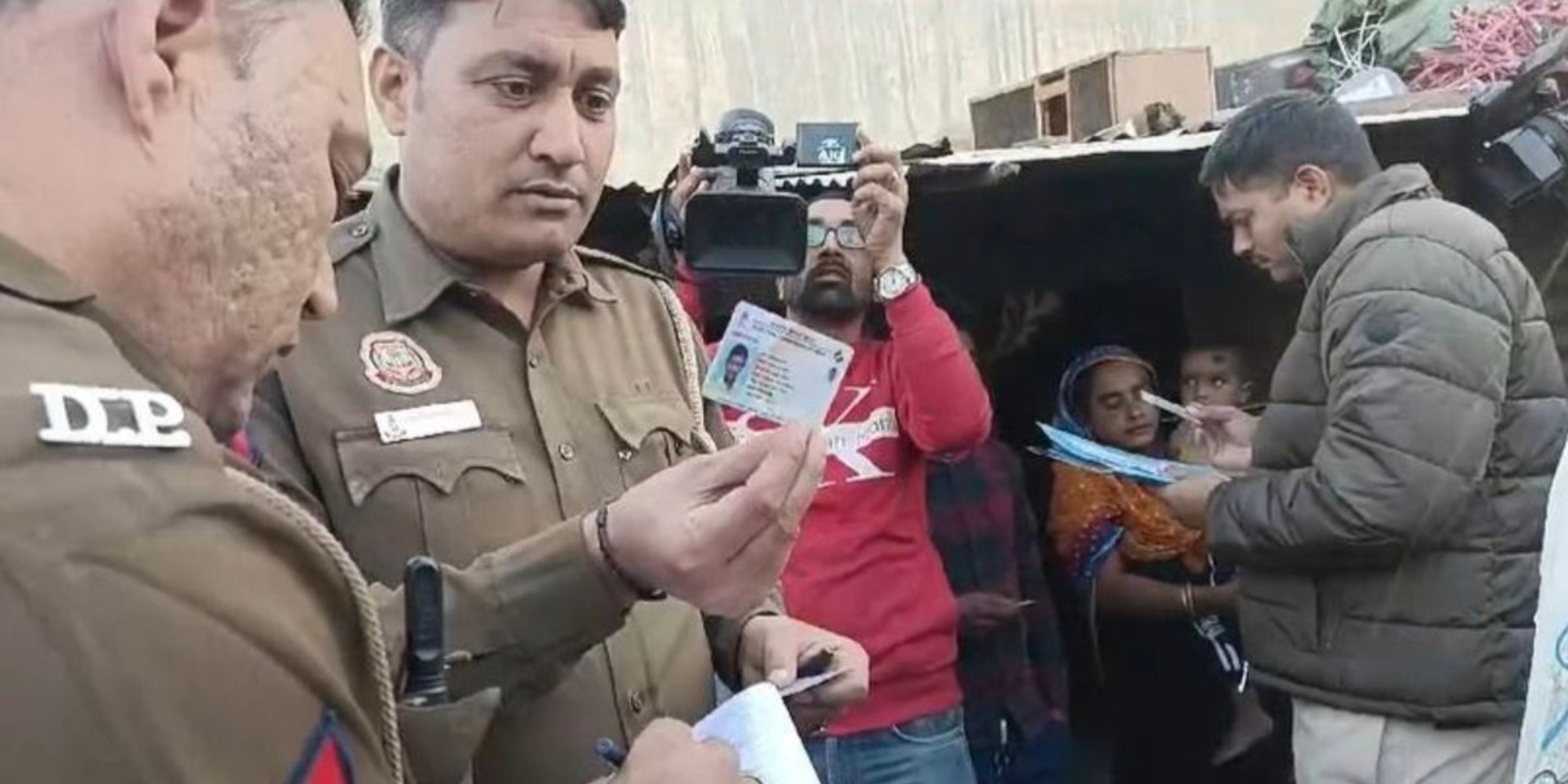


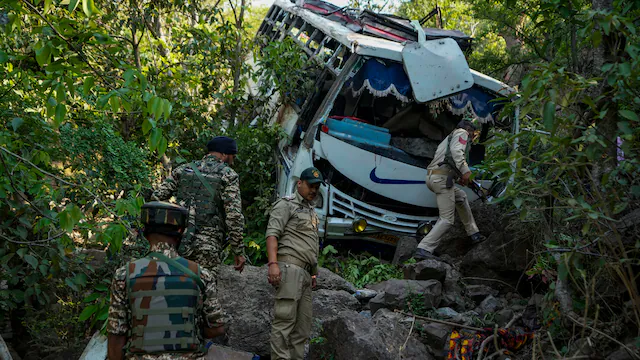



















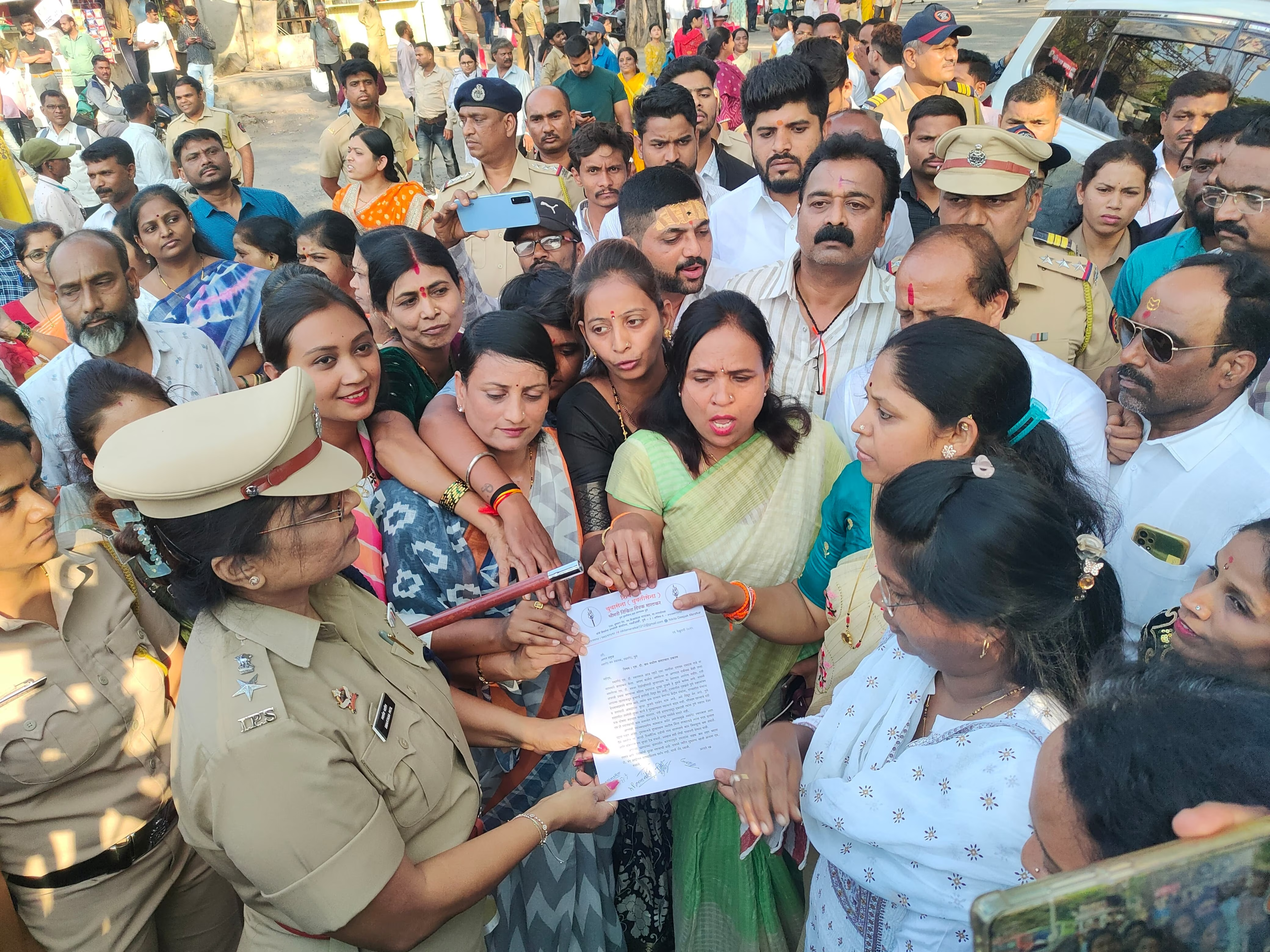

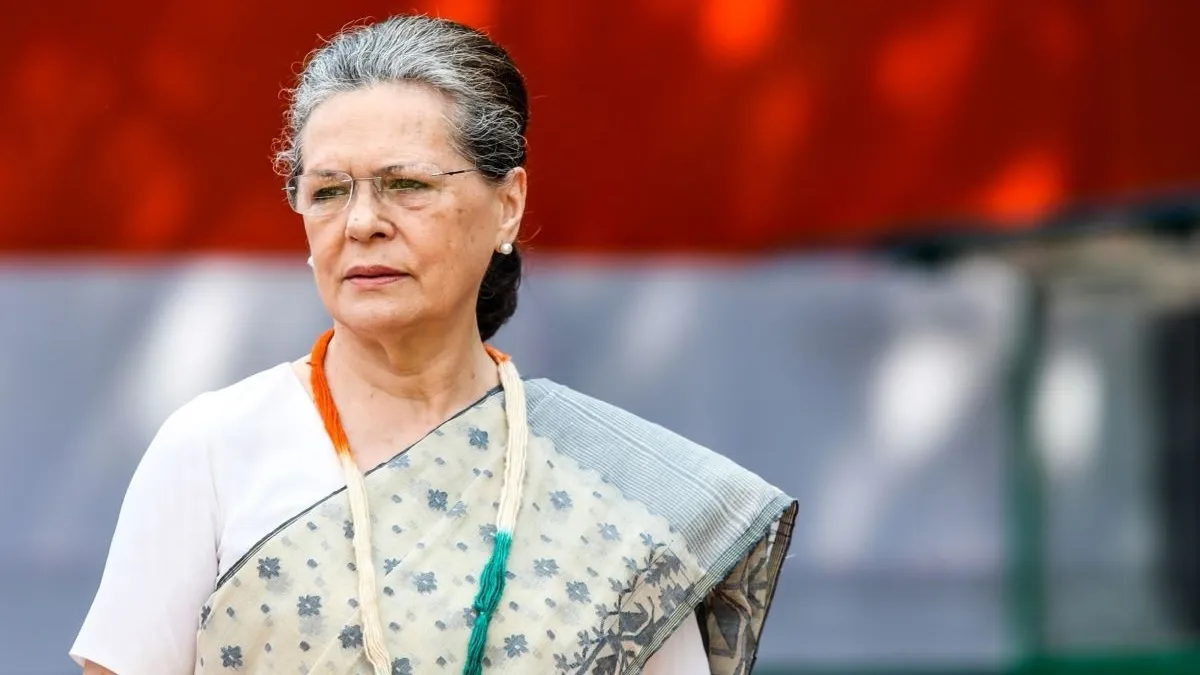
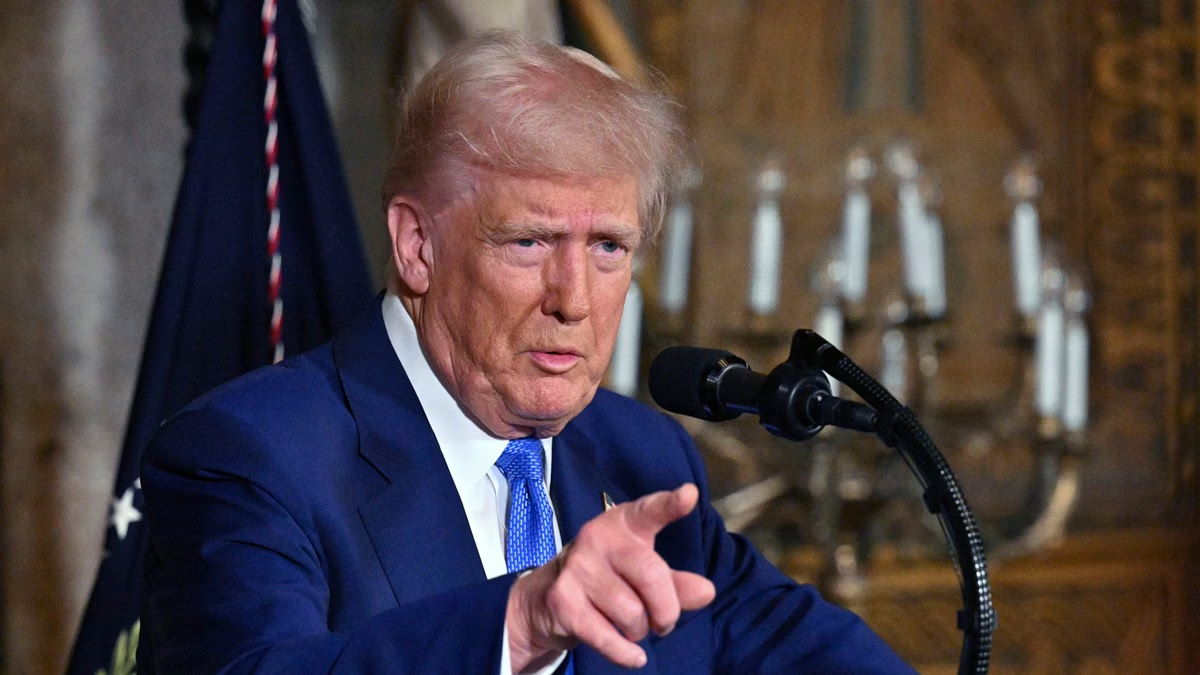
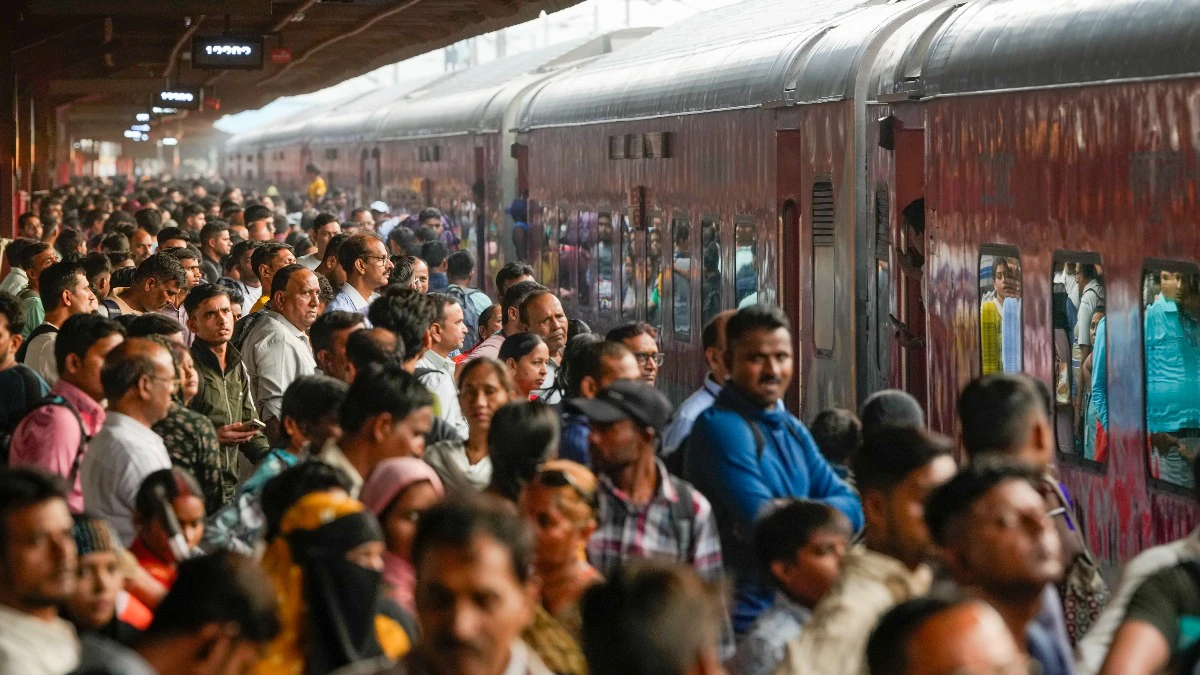
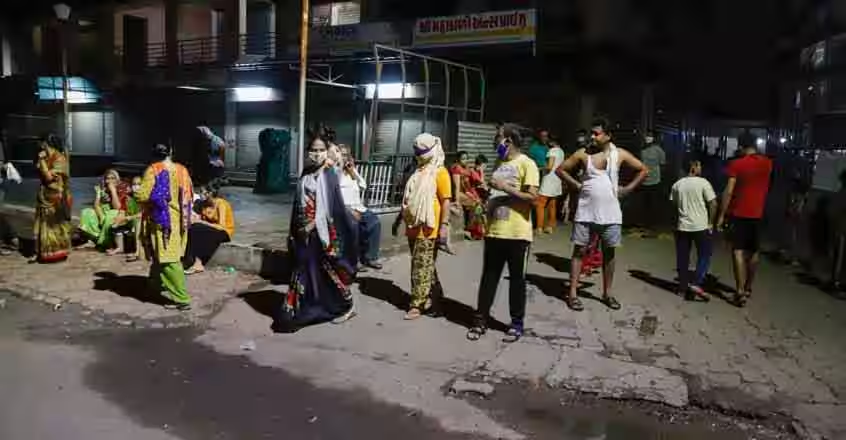








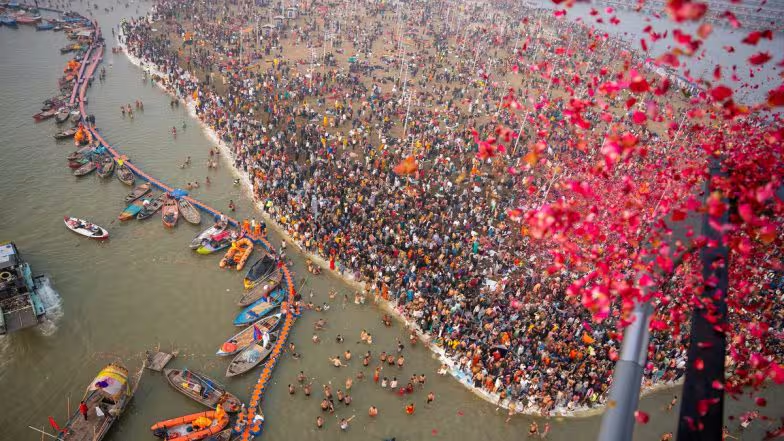


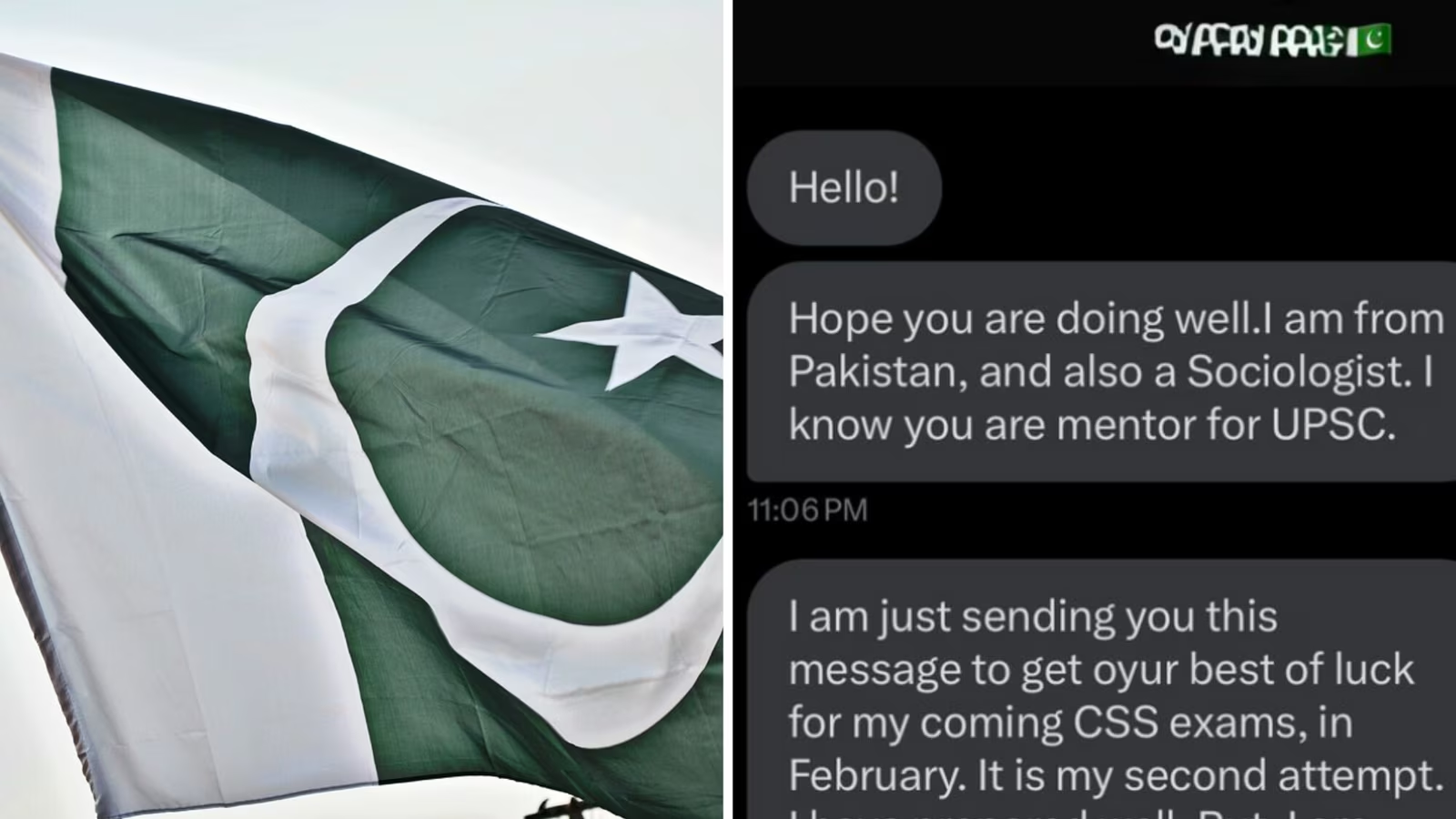
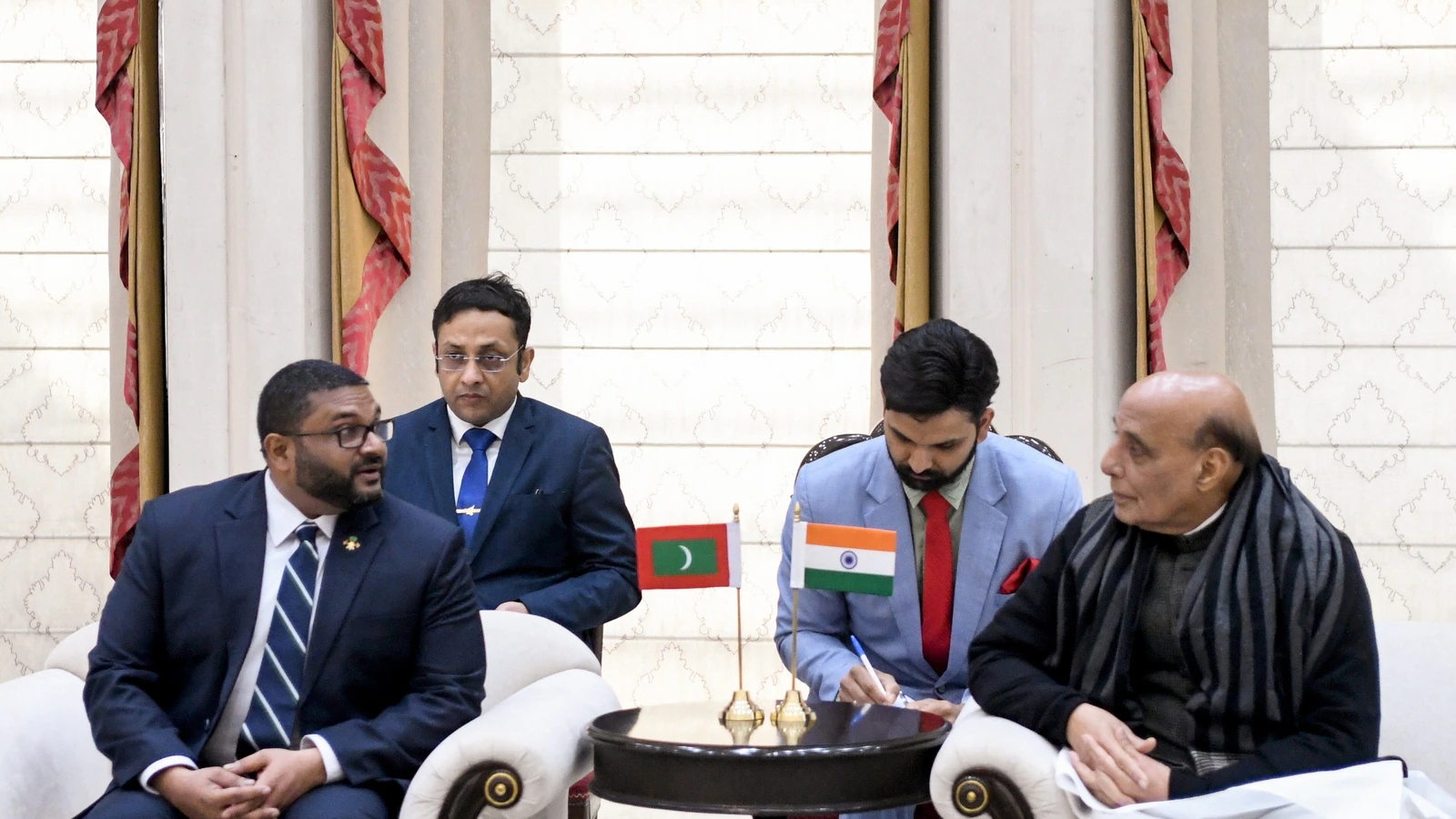

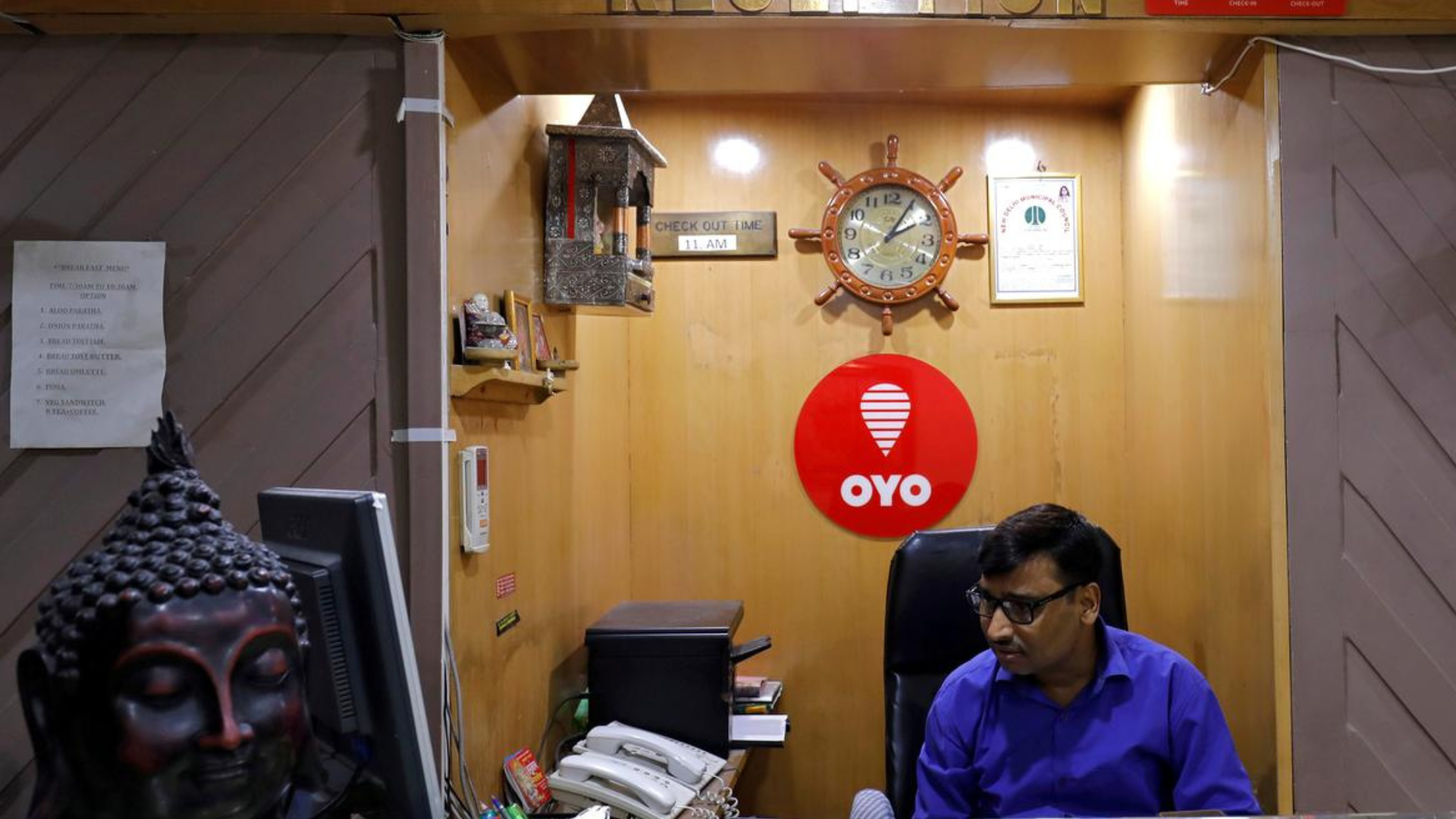
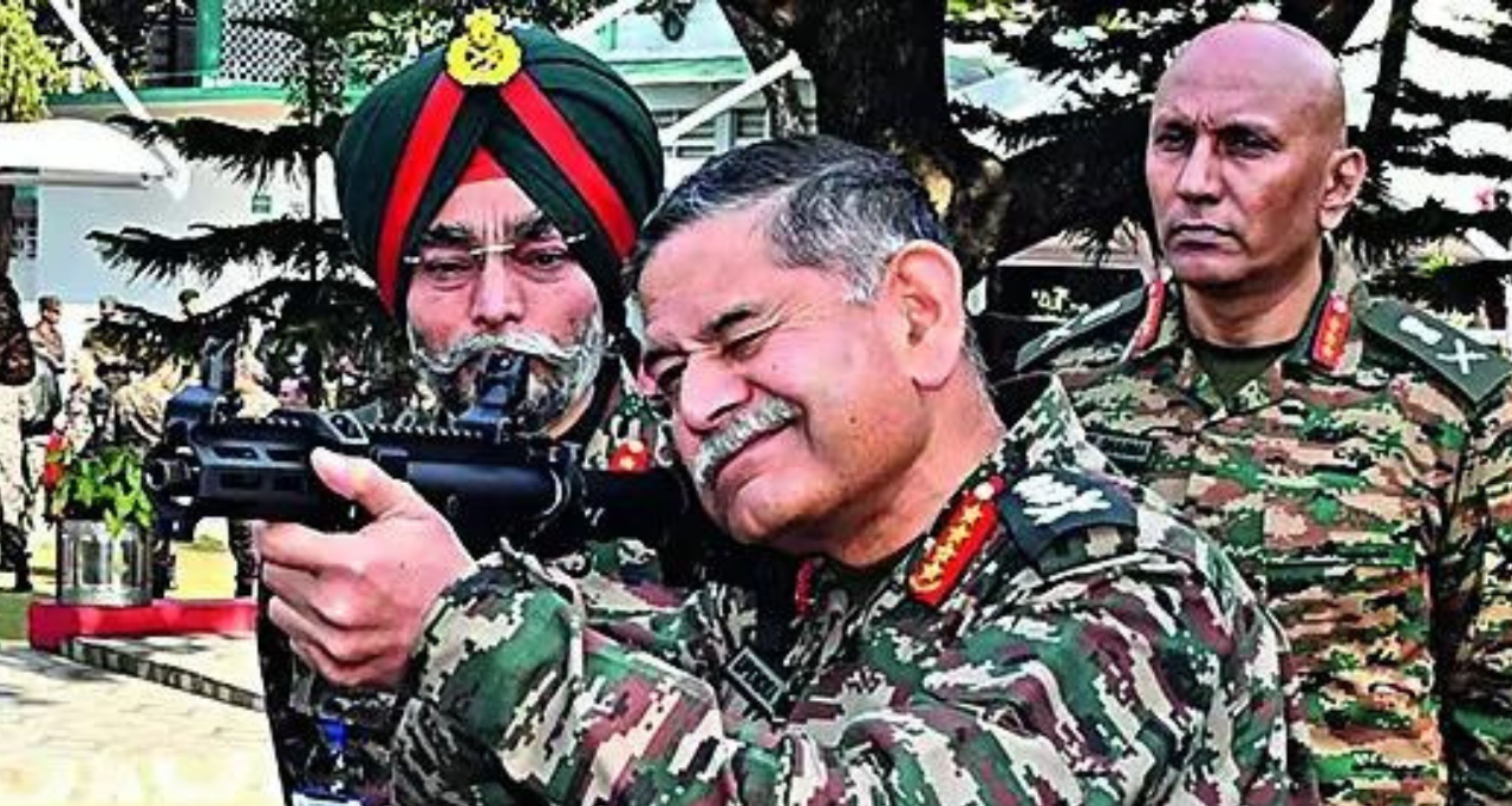
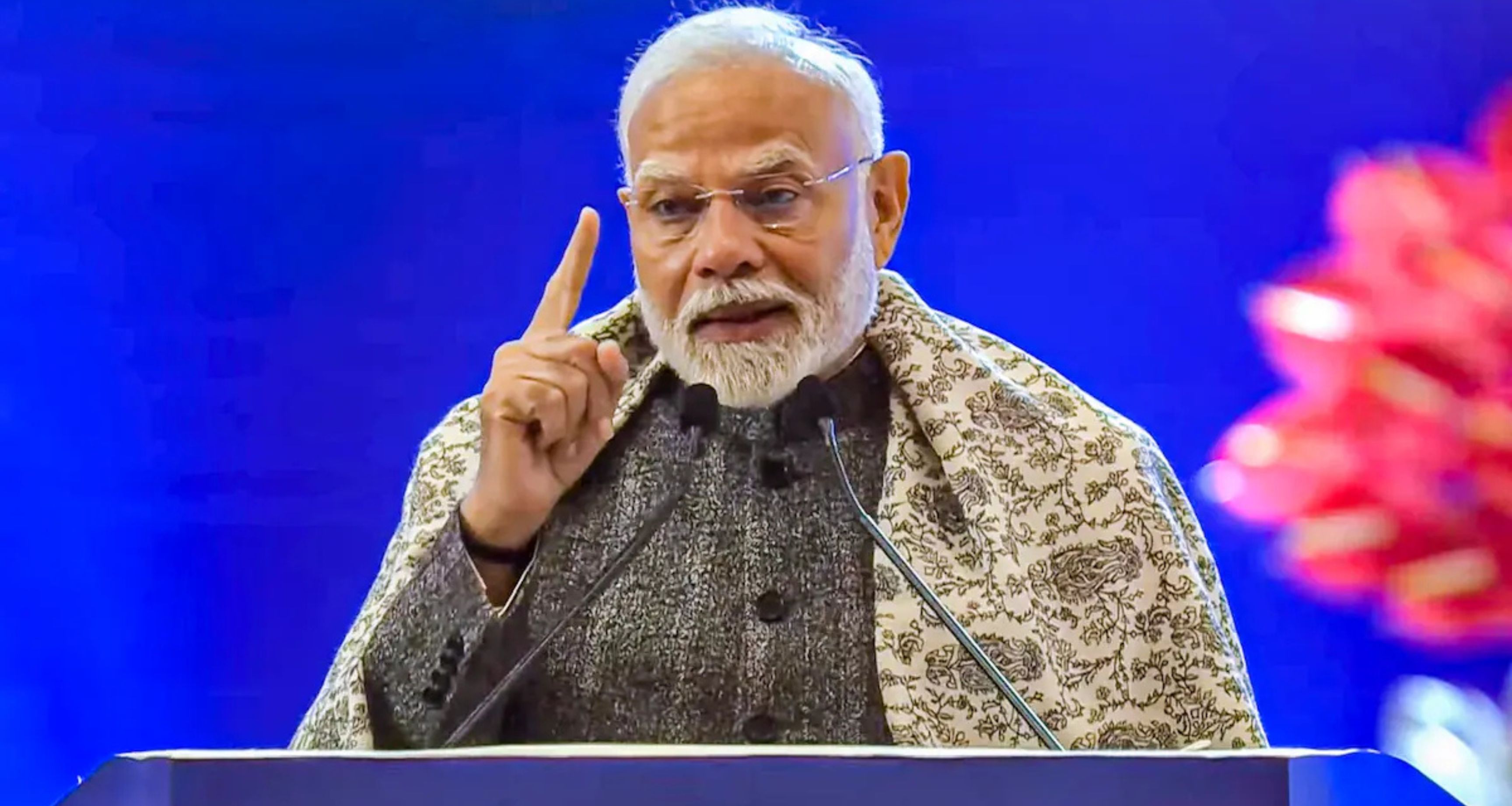
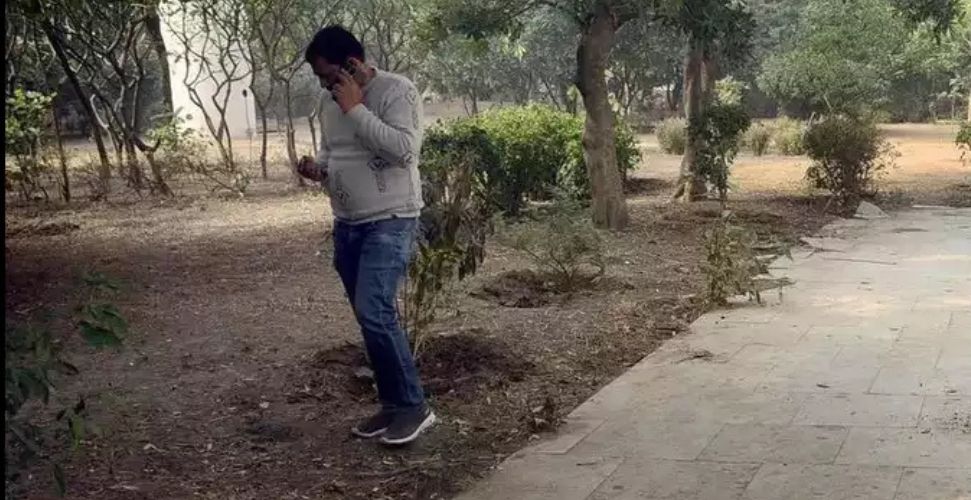

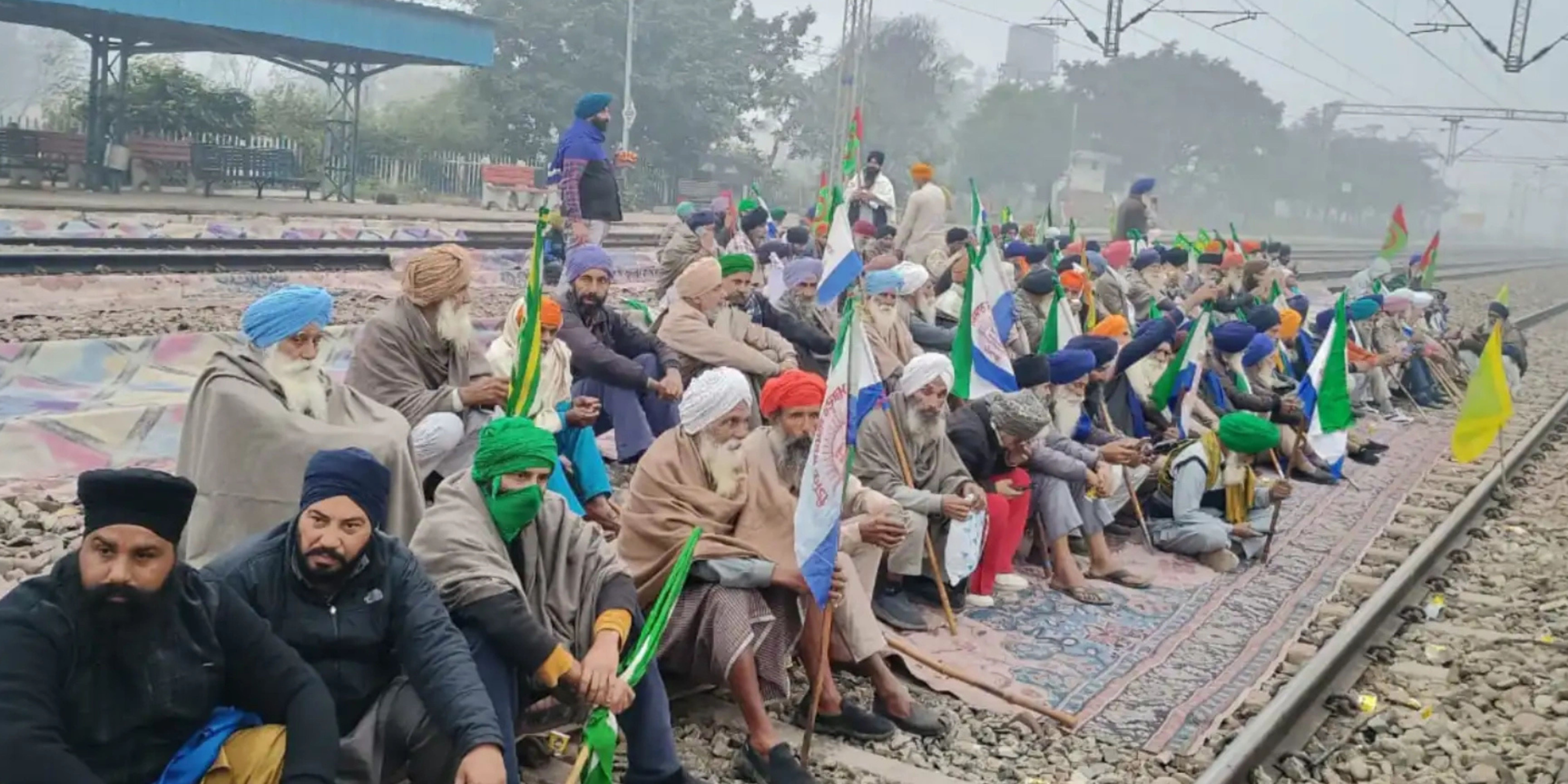
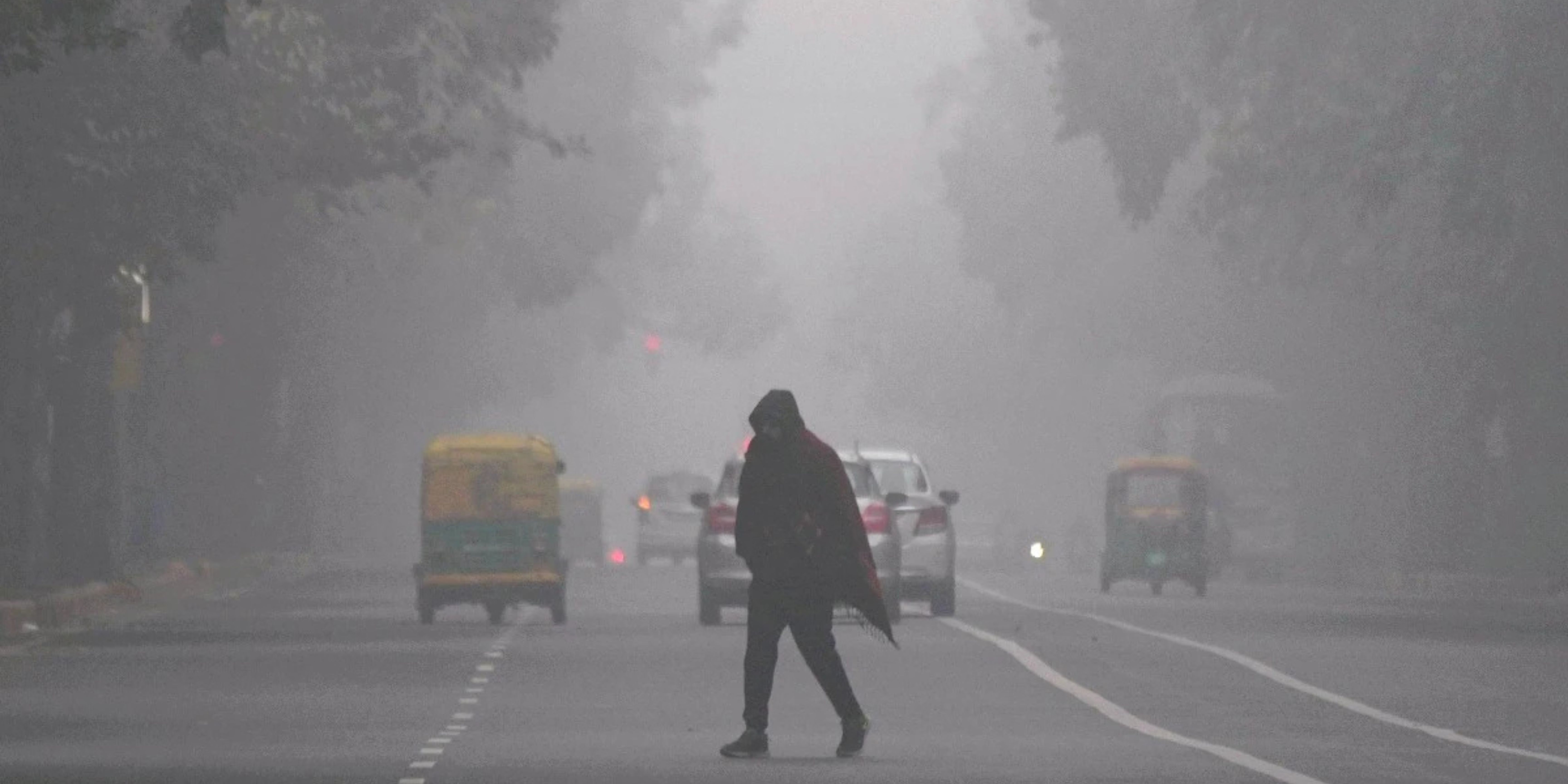

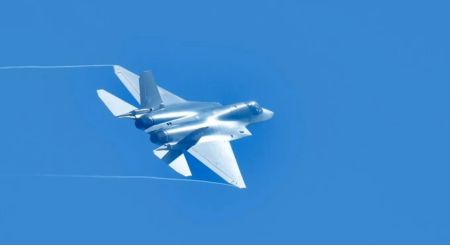
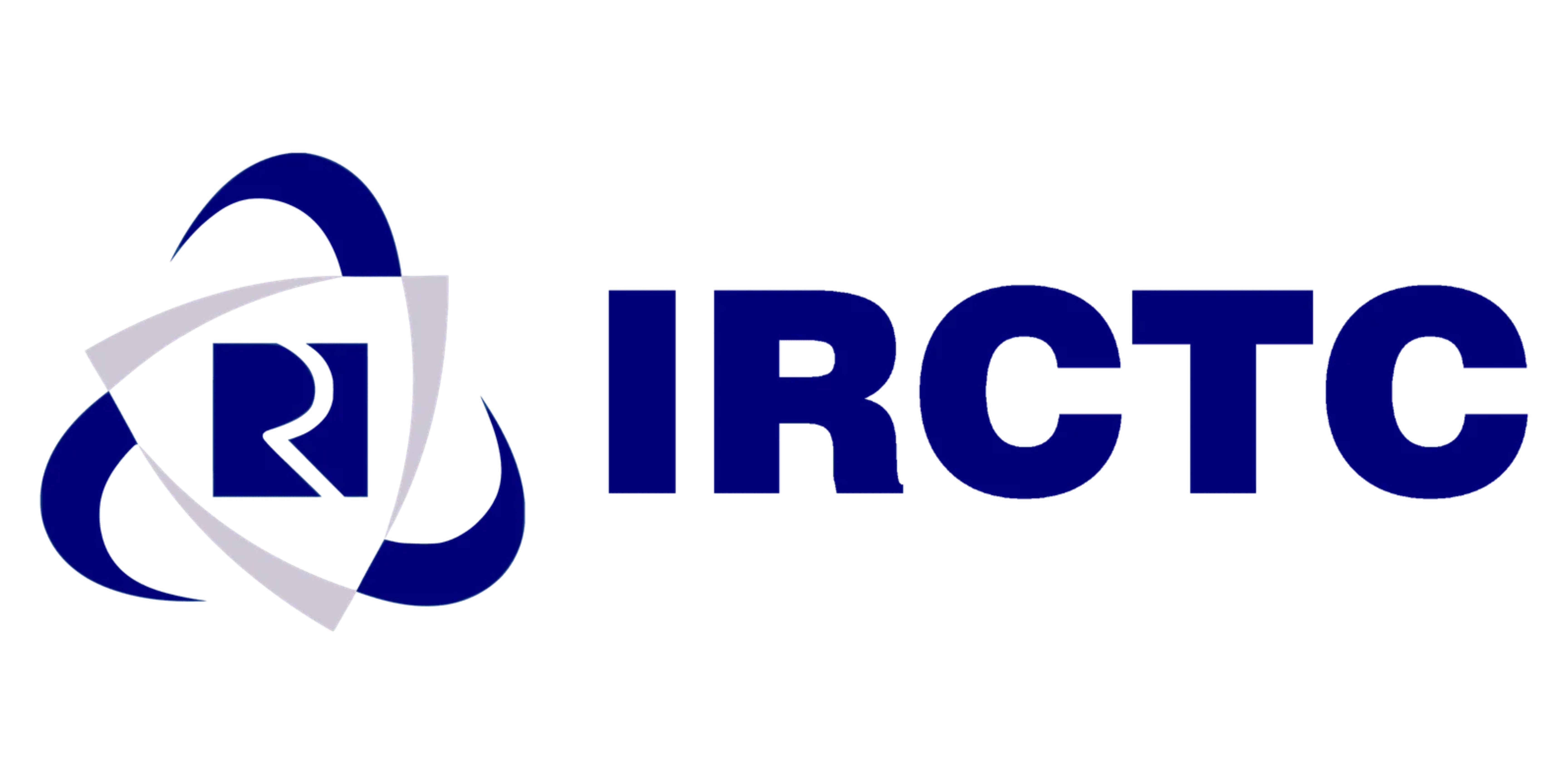

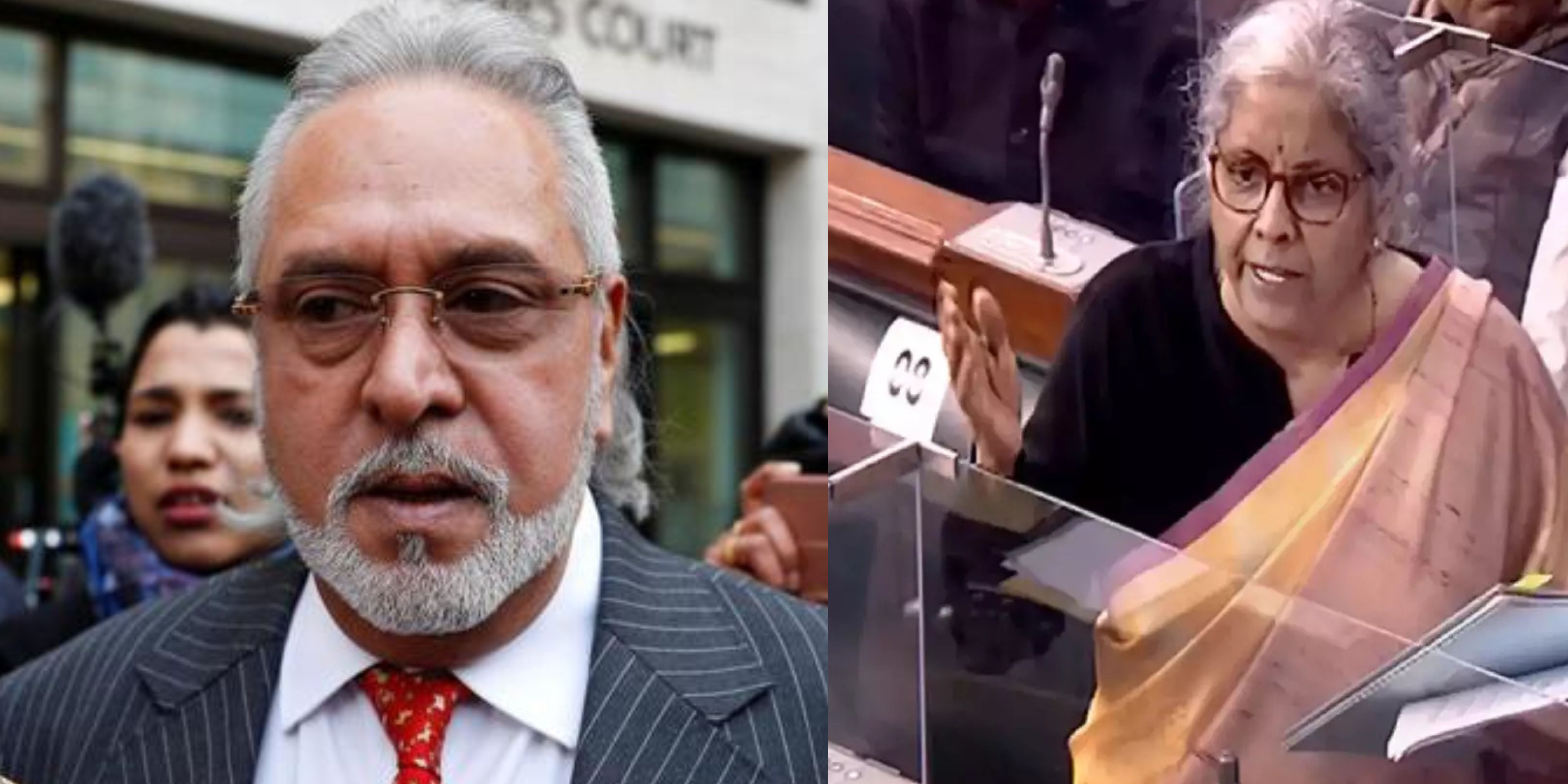

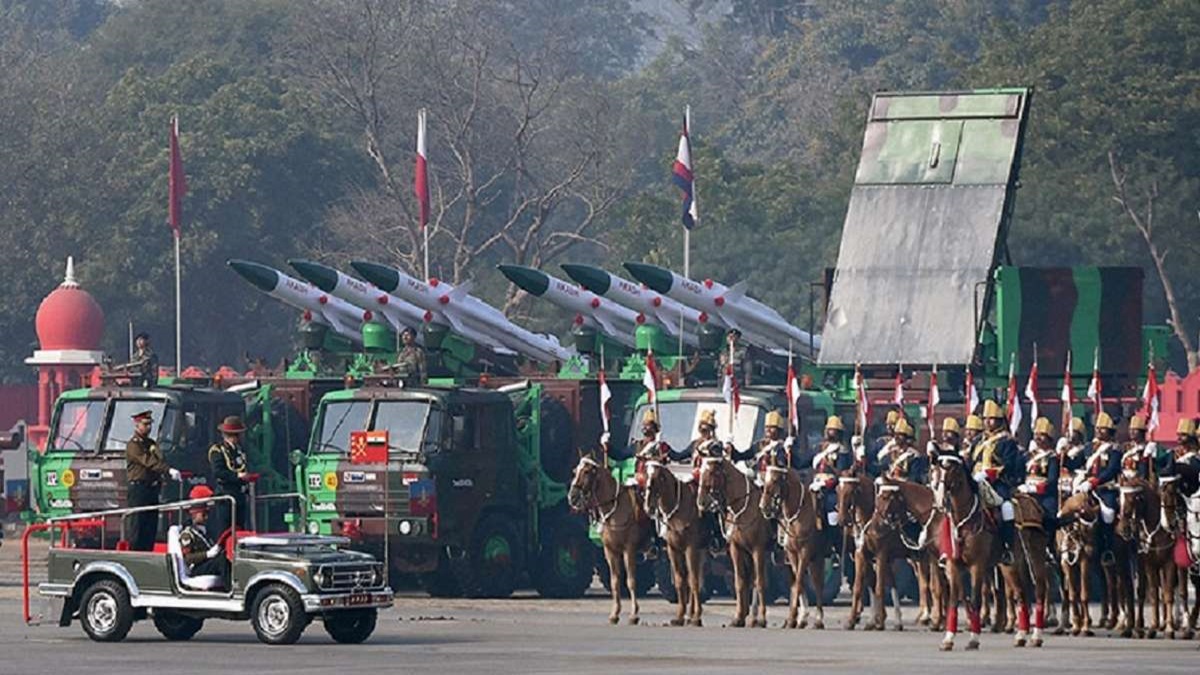

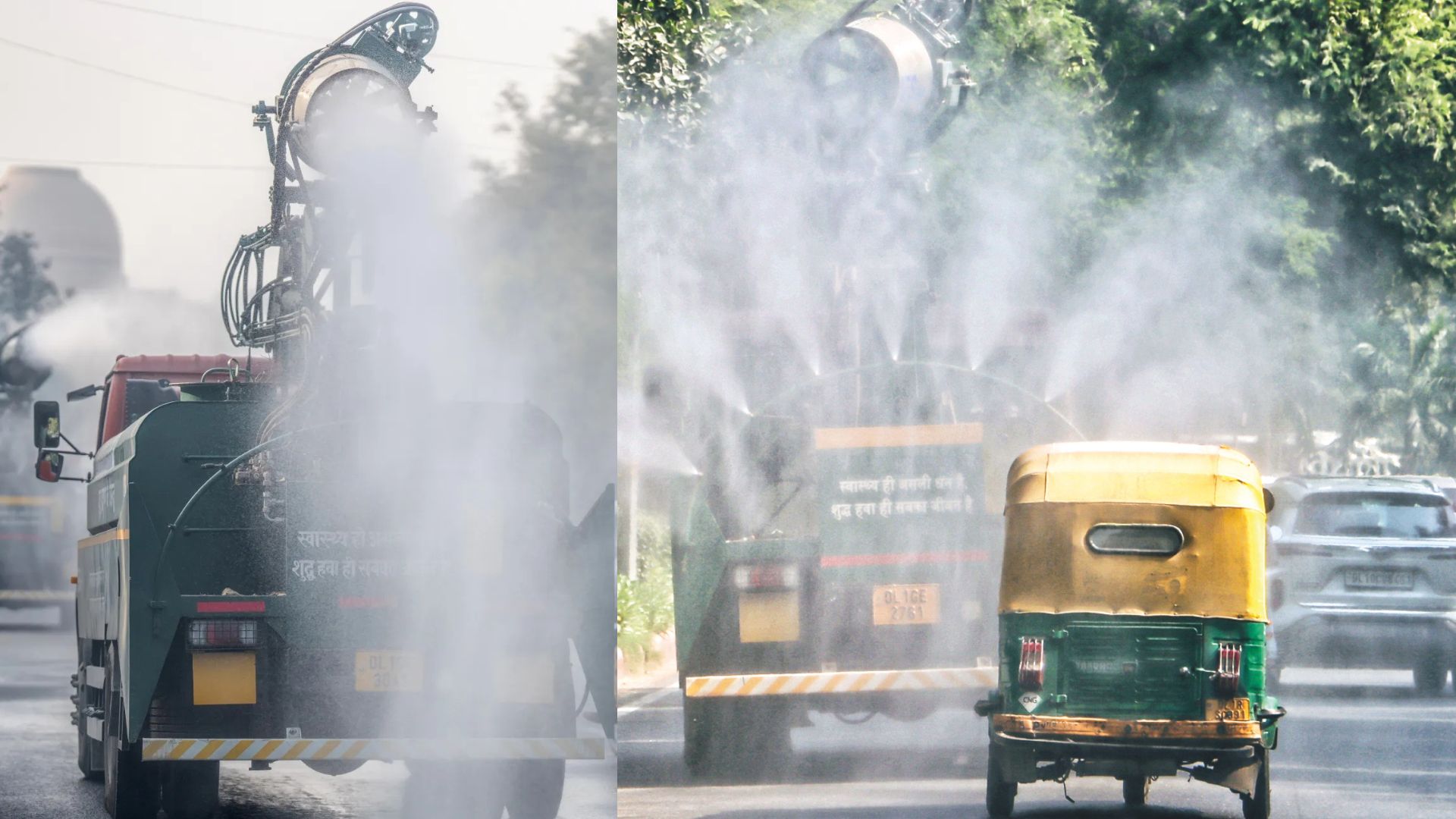
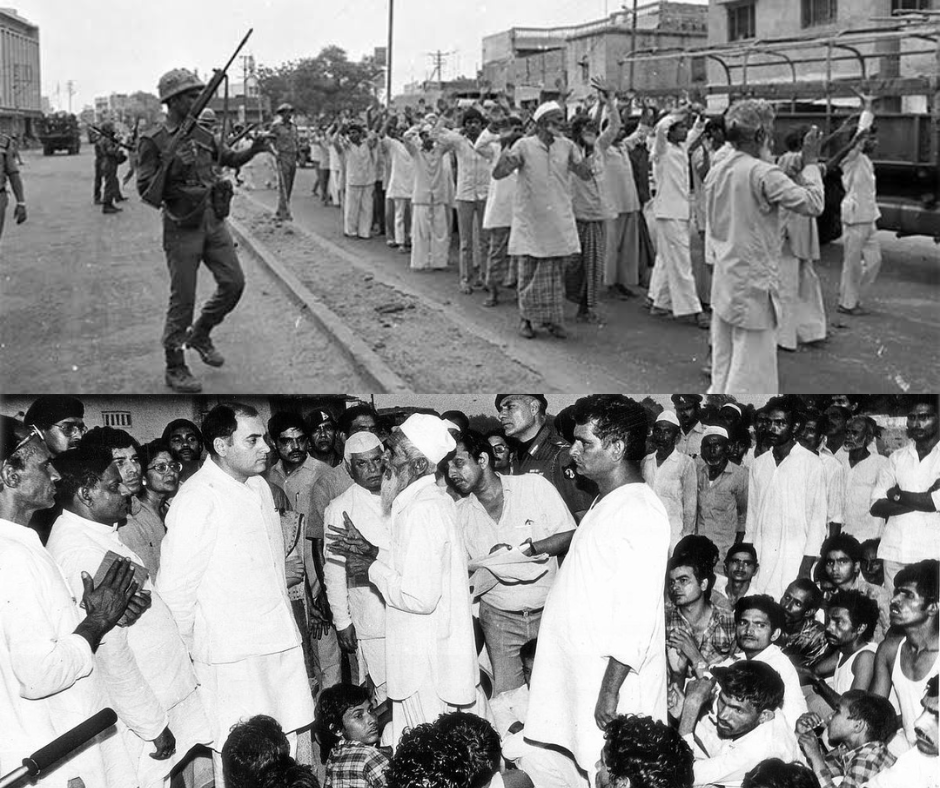
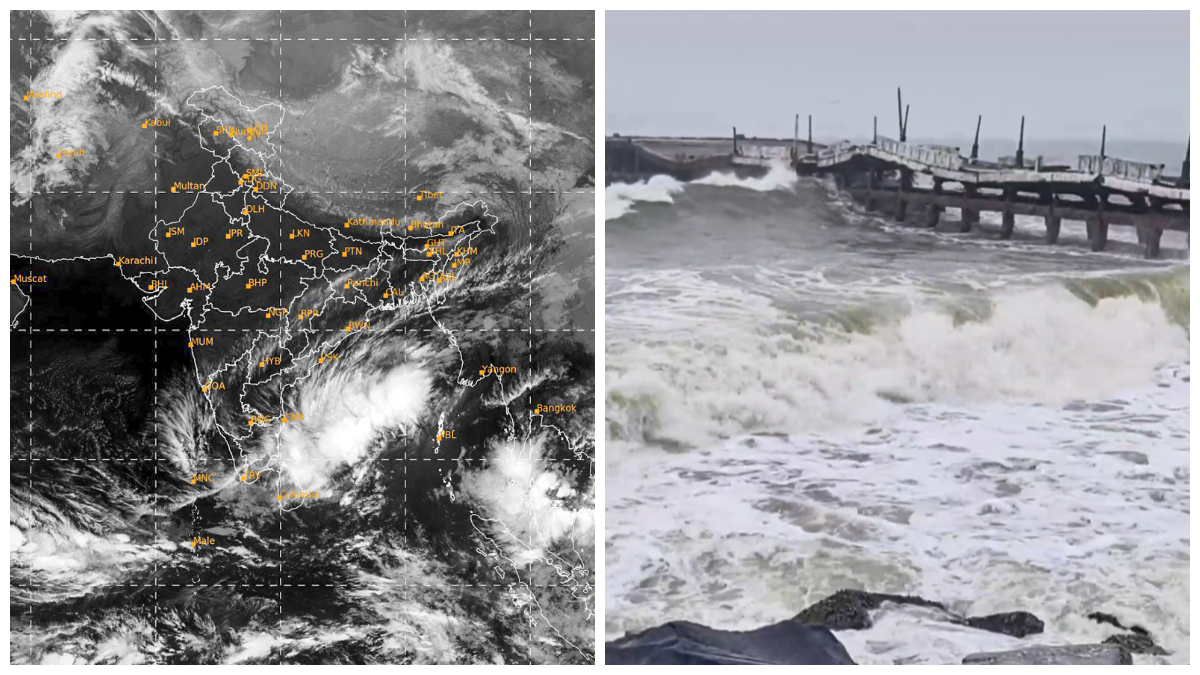



.jfif)
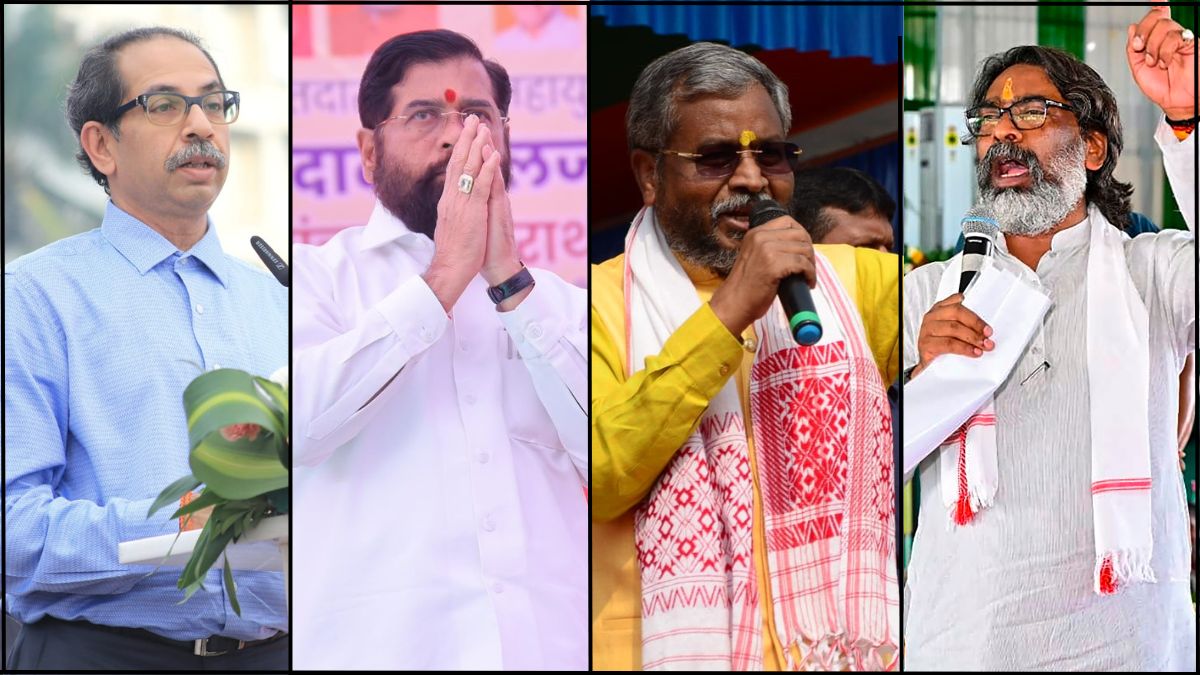


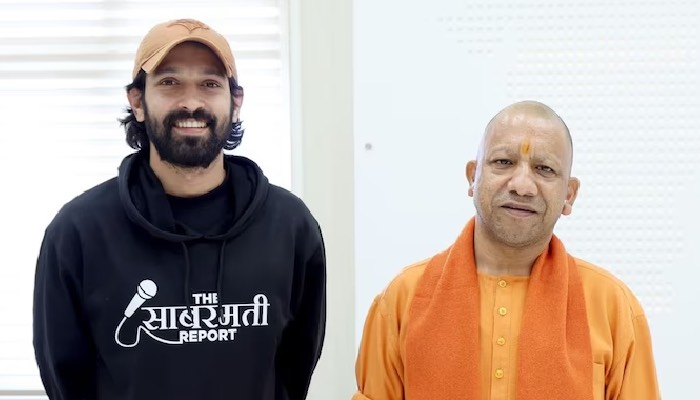
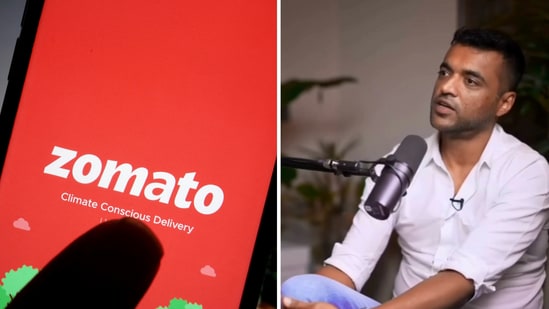
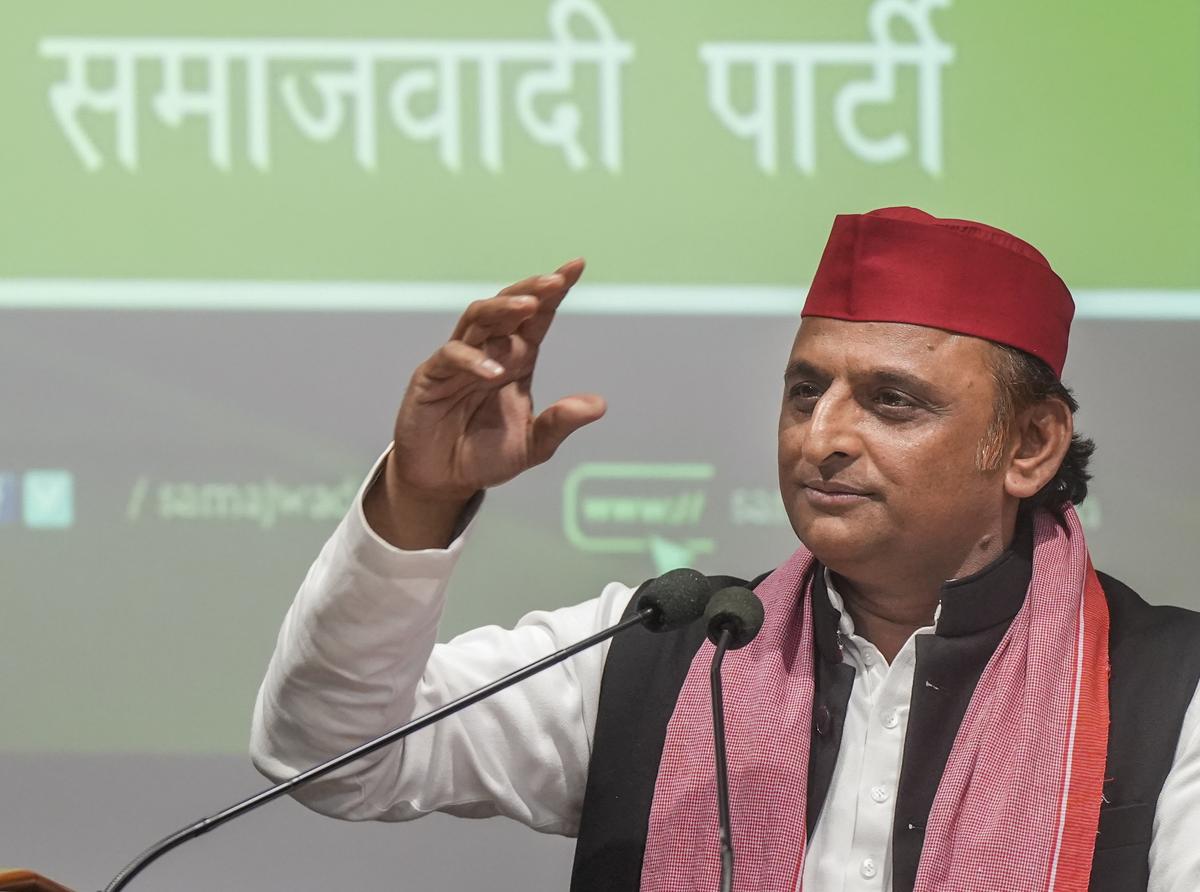

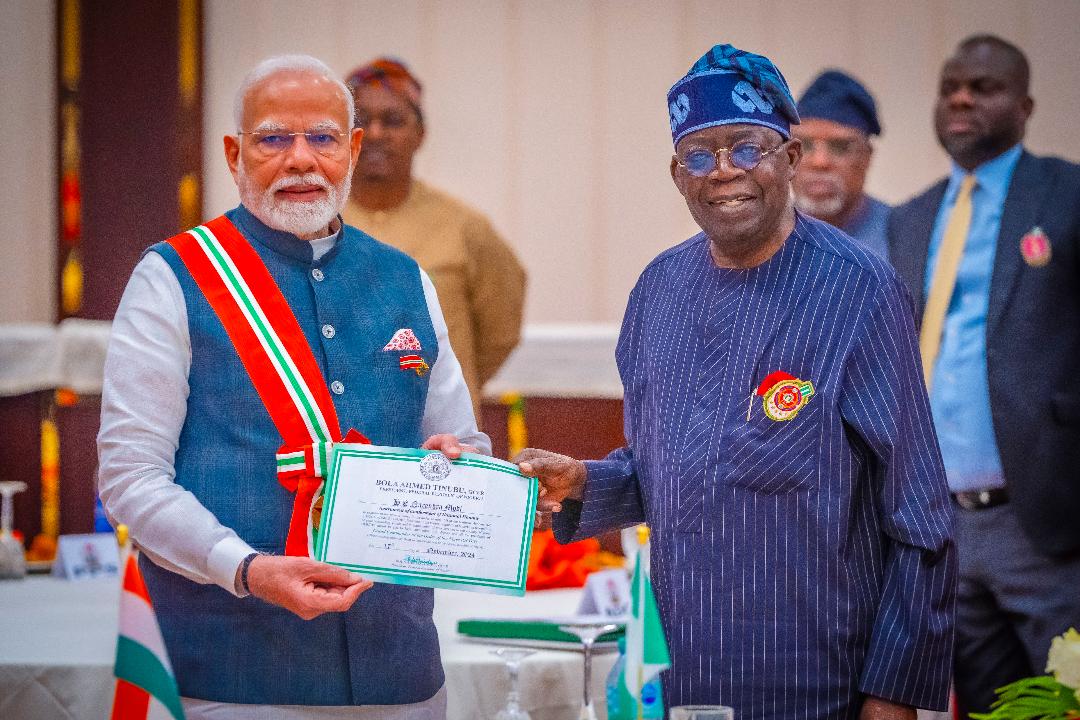

.jpg)



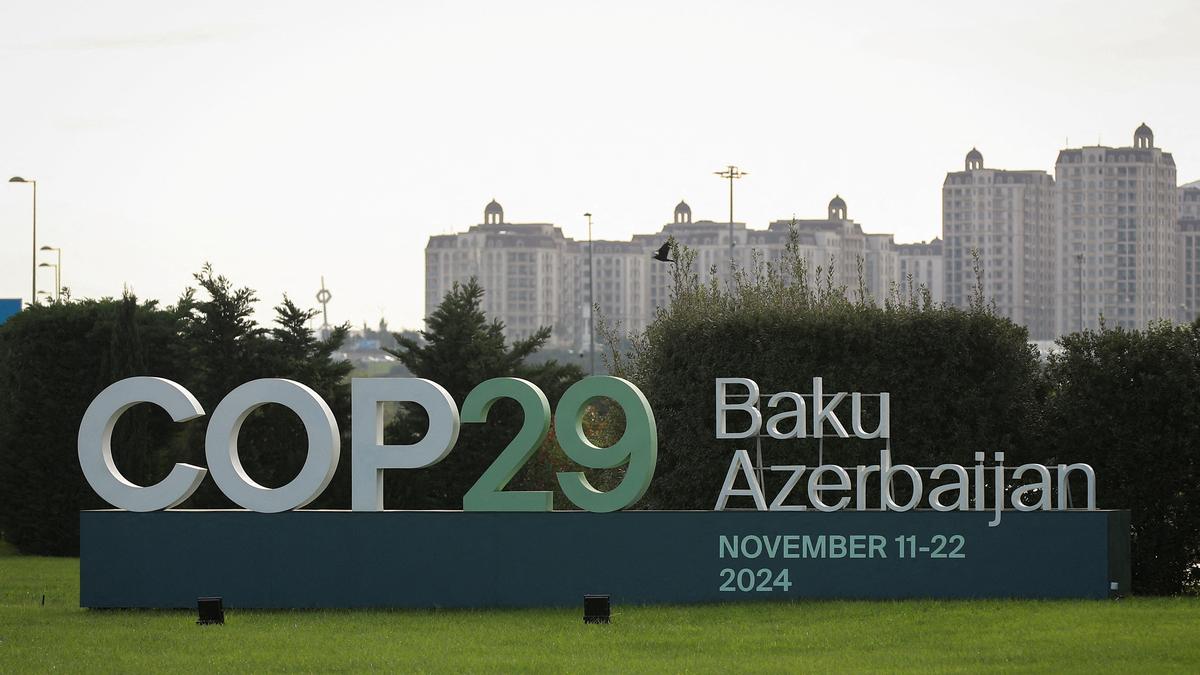

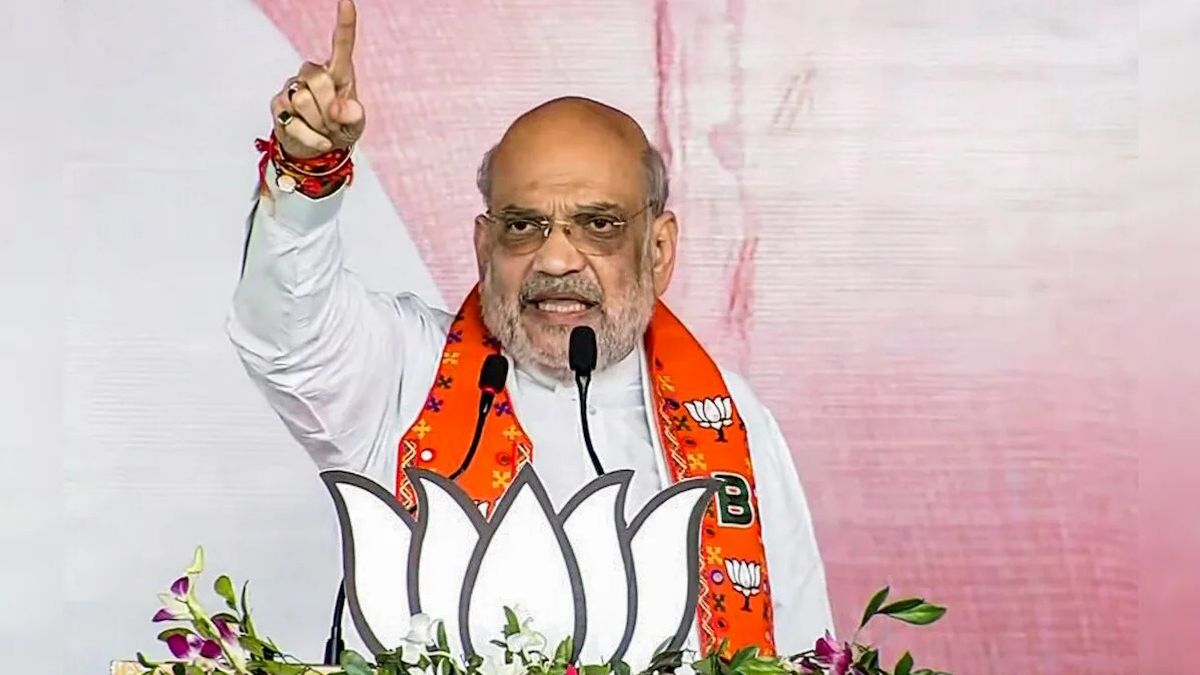
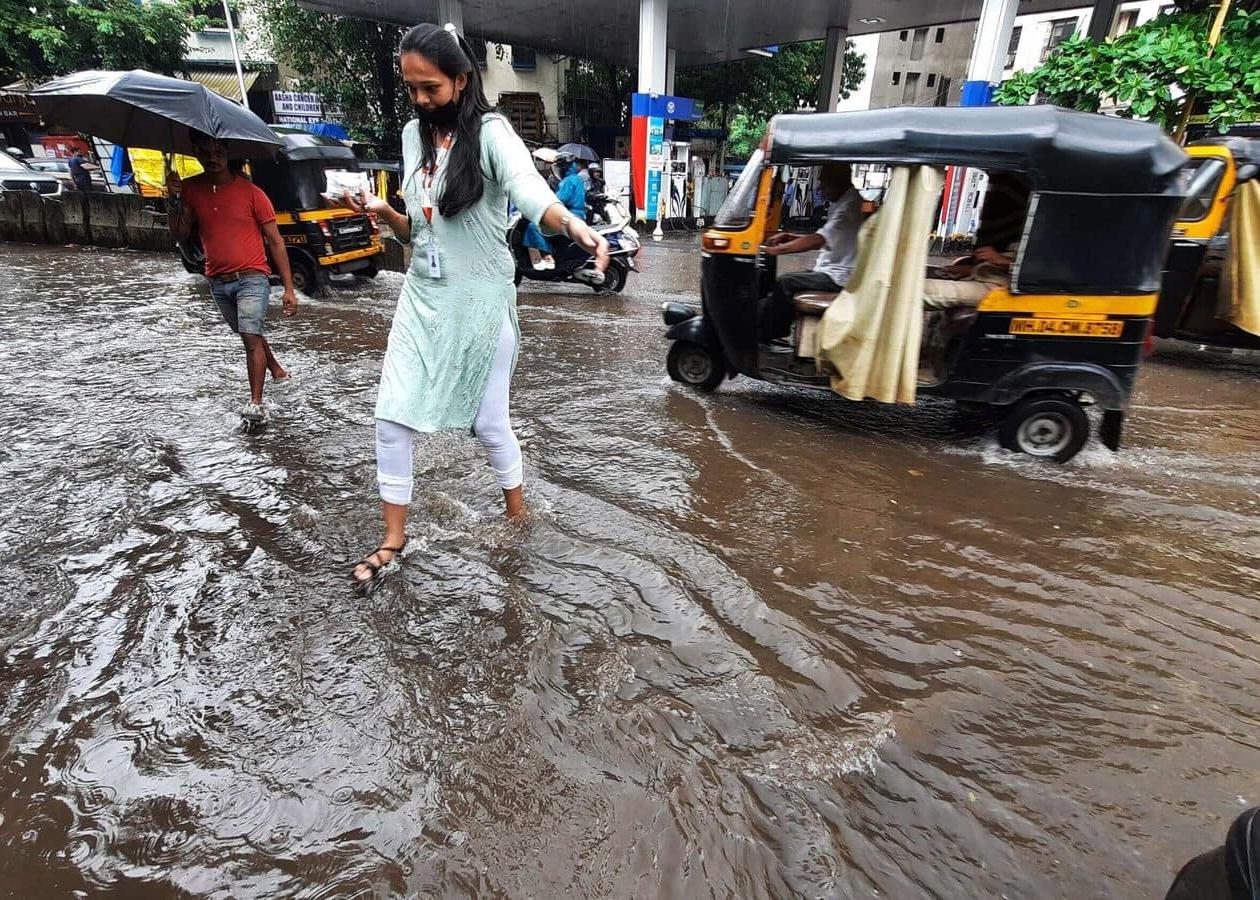
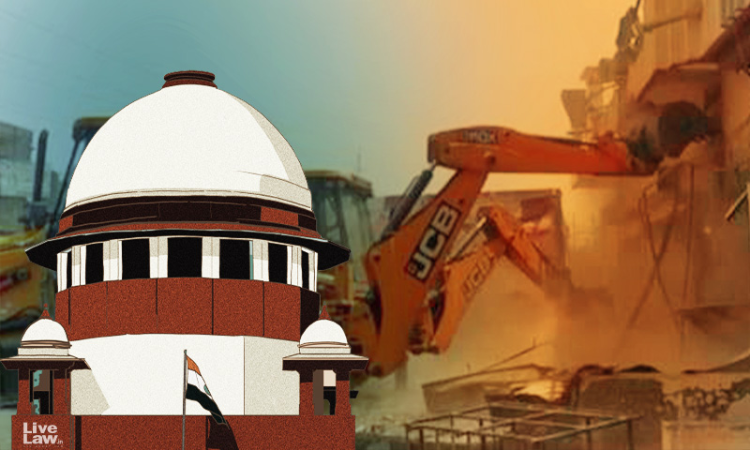
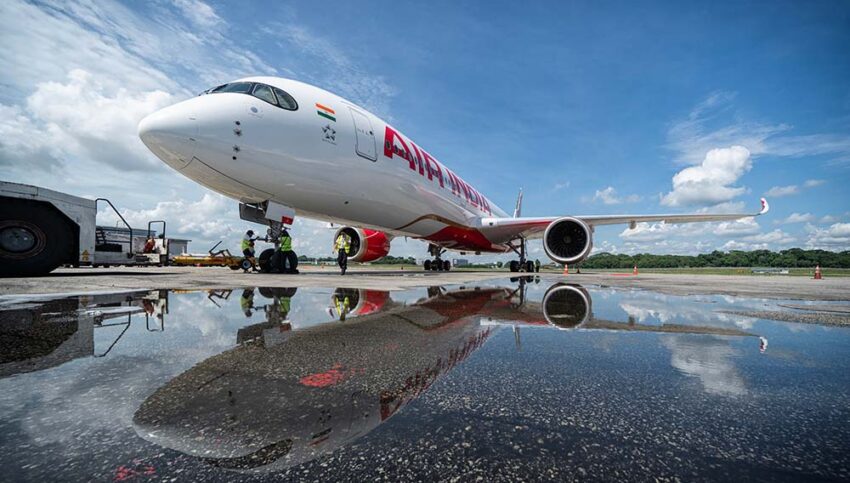



























































































.png)
 (1).png)























